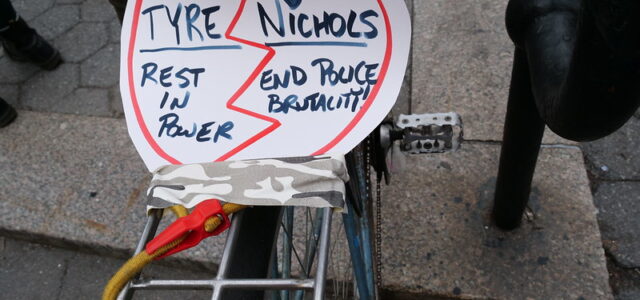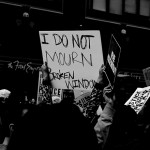Five Memphis, Tenn., police officers were fired 10 days after civil rights activists say they brutalized a young Black motorist named Tyre Nichols earlier this month when he tried to run away from a car stop.
Nichols, a 29-year-old father, was hospitalized after being confronted by the police on Jan. 10 and died three days later.
The swift firings in the Tyre Nichols beating were met with rumblings from academics who said that the pendulum was finally swinging toward justice — that the decisive discipline in this case would soon become the model for handling such things. For a moment, I was hopeful that the academics were right, but then I saw pictures of the officers in question. All five of them are Black, and when it comes to the calculus of punishment, Blackness matters.
The Blackness of these officers helped me make sense of the conspicuous silence of the police unions who so readily defend the indefensible in other brutality cases. Their Blackness also allowed me to better understand why politicians in Memphis condemned the officers for a beating that Nichols’ family attorneys Ben Crump and Antonio Romanucci described as “violent” and “savage” after reviewing video evidence.
The police officers who beat Tyre Nichols deserve to be prosecuted for their alleged crime. However, in order for Tyre Nichols’ death to change the system, we must admit that justice came swiftly because the officers are Black.
Click here to read the entire column on Inquirer.com
Click here to order Ten Lives Ten Demands: Life and Death Stories and a Black Activist’s Blueprint for Racial Justice.
Photo by The All Night Images. Creative Commons License








